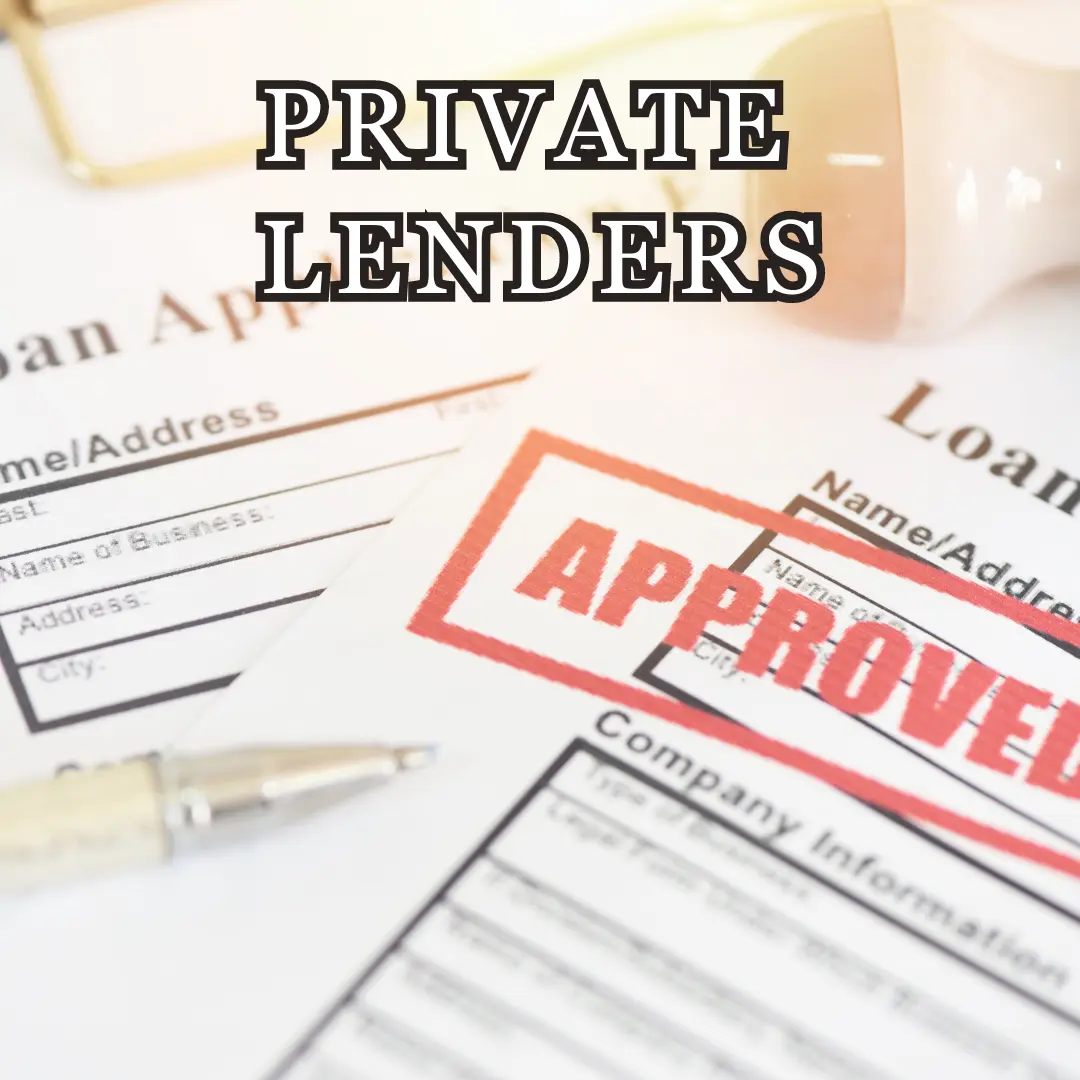Top 10 benefits to choose private mortgage lenders savannah ga
How It Works: A Comprehensive Guide to Mortgage Lending for First-Time Purchasers
Maneuvering the globe of mortgage lending can be daunting for first-time customers. Understanding the basic parts like principal, passion, and down payments is essential. In addition, identifying the different kinds of home loan and the application process can substantially impact one's experience. By discovering key variables that influence rates of interest, buyers might discover beneficial understandings. What else should they take into consideration before making such a considerable monetary dedication?
Recognizing Mortgage Essentials
When newbie buyers go into the domain name of homeownership, recognizing mortgage fundamentals becomes vital for making educated choices. A mortgage is essentially a lending secured by the property being acquired, permitting individuals to acquire a home without paying the complete price upfront. Purchasers must understand crucial elements, including principal, passion, tax obligations, and insurance coverage, frequently summarized as PITI. The principal is the amount borrowed, while passion is the cost of loaning that quantity, revealed as a portion. Taxes and insurance coverage are added costs that can considerably influence regular monthly repayments. Buyers need to likewise consider the financing term, normally 15 or three decades, which affects payment quantities and general rate of interest paid. Understanding credit history scores is crucial, as they influence funding eligibility and passion prices. Realizing these essential ideas empowers novice customers to navigate the mortgage landscape with confidence and make selections that straighten with their monetary goals.
Kinds Of Mortgage Loan
When considering mortgage options, newbie purchasers typically experience 2 key kinds: fixed-rate and adjustable-rate mortgages. Fixed-rate home loans offer stability with consistent settlements over the car loan's term, while adjustable-rate mortgages can provide reduced preliminary rates that might change with time. Recognizing these differences is necessary for making an educated decision.
Fixed-Rate Home loans
Fixed-rate mortgages offer stability and predictability for first-time buyers navigating the complexities of home funding. With a fixed-rate mortgage, the rates of interest continues to be constant throughout the finance term, generally ranging from 15 to thirty years. This consistent rate enables customers to prepare their budget plans successfully, understanding that their month-to-month repayments will not rise and fall. First-time customers gain from this framework as it eliminates uncertainty in lasting economic dedications. Furthermore, fixed-rate home loans typically include reduced initial rates contrasted to adjustable-rate alternatives, making them an eye-catching option for those wanting to develop home equity over time. Generally, fixed-rate home mortgages provide an uncomplicated course to homeownership, perfect for people seeking long-term economic security.
Adjustable-Rate Mortgages
For novice homebuyers seeking flexibility, adjustable-rate mortgages (ARMs) can give an enticing option to fixed-rate finances. ARMs typically offer reduced first interest prices, making monthly payments more budget friendly in the very early years. However, these prices rise and fall after a first fixed period, which can result in enhanced payments in time. Consumers should understand the index and margin that establish future rate modifications. Generally, ARMs have change durations of one, 3, or five years, with regular caps to restrict how much rates can enhance at each modification. While ARMs can be advantageous for those planning to market or refinance before the rate adjusts, they likewise lug threats if market conditions change considerably. Thorough study is essential for educated decision-making.
The Mortgage Application Process

Secret Aspects Affecting Rate Of Interest

Deposits and Closing Costs
Recognizing deposits and closing prices is essential for first-time buyers, as these expenses significantly influence the general cost of a home loan. A deposit is the preliminary amount paid in the direction of the home's purchase price, generally revealed as a percent. It can vary from as reduced as 3% to 20% or even our website more, relying on the car loan kind and lender requirements. A bigger deposit can minimize regular monthly mortgage payments and remove private mortgage insurance policy (PMI), which shields lending institutions in instance of default.Closing costs, on the other hand, incorporate different charges sustained during the home-buying procedure. These might include loan origination costs, evaluation fees, title insurance policy, and attorney charges, normally totaling 2% to 5% of the home's acquisition cost. Novice customers need to spending plan for both down settlements and closing prices to assure they can protect their mortgage and efficiently navigate the home-buying procedure.
Tips for First-Time Homebuyers
What crucial ideas can new property buyers follow to navigate the often challenging process of acquiring a home? Establishing a reasonable spending plan is essential. Buyers ought to assess their monetary scenario, consisting of revenue, expenditures, and possible mortgage payments. Next off, acquiring pre-approval for a home loan can give quality on what one can manage and strengthen their position when making an offer.Researching neighborhoods is equally essential; purchasers must take into consideration variables such as features, schools, and future growths. In addition, it is advisable to deal with a qualified genuine estate representative that can supply useful insights and assistance throughout the acquiring process.Home assessments need to not be overlooked, as they can uncover surprise problems that might influence long-lasting satisfaction. Ultimately, purchasers need to remain patient and versatile, understanding that locating the right home may take some time. By adhering to these ideas, new buyers can come close to the marketplace with confidence and understanding.
Regularly Asked Inquiries
What Documents Are Needed for Mortgage Pre-Approval?
For mortgage pre-approval, people typically require to supply revenue verification, work history, credit history records, tax returns, financial institution declarations, and details of any debts (Private Learn More Here Mortgage Lenders Savannah GA). These papers assist loan providers analyze monetary capacity and determine loan qualification
Can I Get a Home Mortgage With Bad Credit Rating?

Numerous lenders consider applicants with poor credit history, though terms may vary. Higher rates of interest or bigger deposits could be required. Discovering choices with specialized lenders or federal government programs can additionally boost chances for approval.
The length of time Does the Mortgage Authorization Process Take?
The mortgage authorization process commonly takes between 30 to 45 days. Aspects influencing this timeline include the lender's effectiveness, the consumer's monetary documentation, and the intricacy of the car loan application. Hold-ups might happen due to added requirements.
What Occurs if I Miss a Home Mortgage Settlement?
If a home loan payment is missed article out on, late costs might be incurred, and credit report can endure. Extended non-payment might bring about foreclosure procedures, triggering the loan provider to reclaim the residential property after a collection of warnings.
Can I Refinance My Mortgage Later On?
Refinancing a home mortgage later on is frequently possible, enabling property owners to change their finance terms, rate of interest prices, or monthly payments. Eligibility depends on debt ratings, existing market conditions, and the existing mortgage's terms.